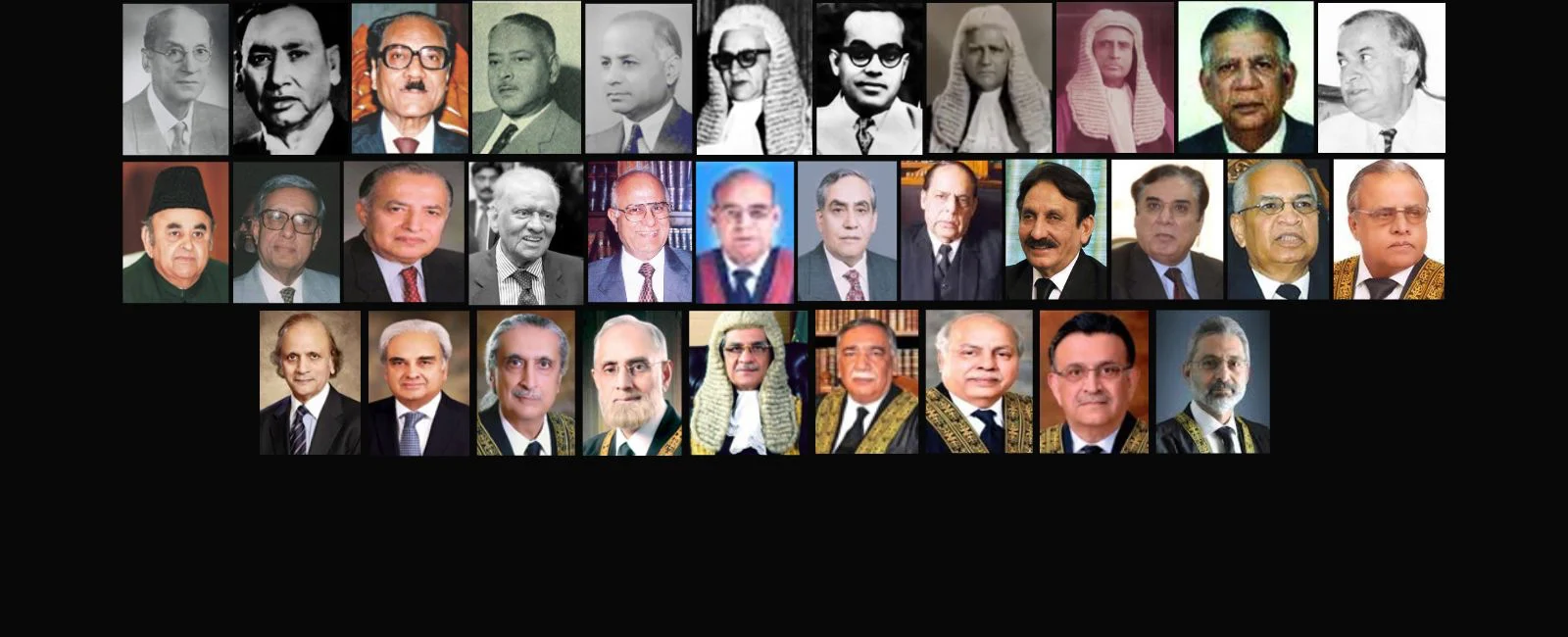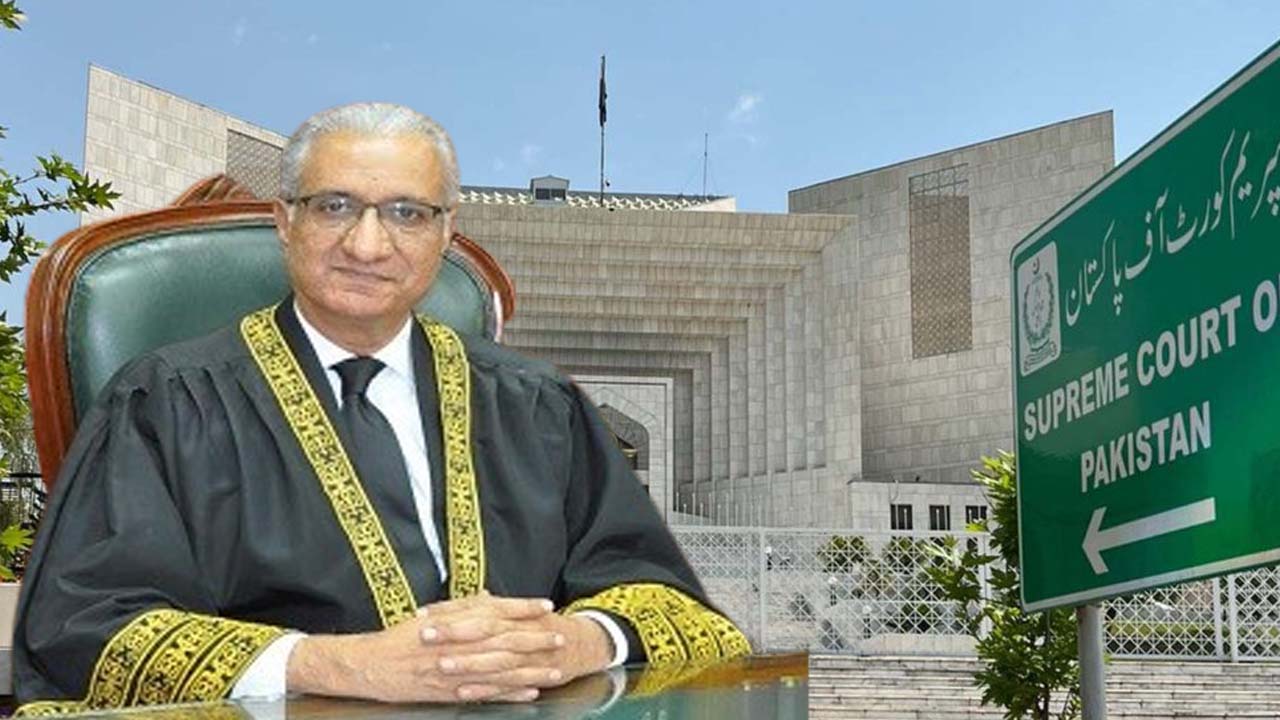The judiciary of Pakistan has a rich history, marked by the contributions of several distinguished Chief Justices. Among them, the longest-serving Chief Justice of Pakistan holds a prominent place for their enduring leadership and significant impact on the legal landscape of the country. This article explores the tenure, achievements, and legacy of the longest-serving Chief Justice, highlighting their role in shaping Pakistan’s judiciary.
What Is the Role of the Chief Justice of Pakistan?
The Chief Justice of Pakistan (CJP) is the head of the Supreme Court and the judiciary. Their primary responsibilities include:
-
Interpreting and upholding the Constitution of Pakistan.
-
Presiding over Supreme Court hearings.
-
Managing judicial and administrative matters within the court.
-
Representing the judiciary in interactions with other branches of government.
-
Ensuring the independence of the judiciary.
The Chief Justice plays a critical role in maintaining the rule of law and safeguarding the rights of citizens.

Who Was the Longest-Serving Chief Justice of Pakistan?
The longest-serving Chief Justice of Pakistan was Justice Muhammad Haleem, who served from March 23, 1981, to December 31, 1989, for a total of 8 years and 9 months. His tenure remains unparalleled in the history of Pakistan’s judiciary.
Justice Muhammad Haleem’s tenure as the longest-serving Chief Justice of Pakistan stands as a testament to the importance of judicial independence and visionary leadership. His contributions to Pakistan’s legal and constitutional framework continue to influence the judiciary today. By learning from his example, Pakistan can strengthen its judicial system, ensuring justice and stability for generations to come.
Key Facts About Justice Muhammad Haleem:
-
Tenure: 8 years and 9 months.
-
Predecessor: Justice Anwarul Haq.
-
Successor: Justice Afzal Zullah.
-
Background: Justice Haleem was known for his intellectual depth and commitment to judicial independence.
Major Achievements of Justice Muhammad Haleem
Justice Muhammad Haleem’s tenure was marked by several landmark achievements, including:
1. Strengthening Judicial Independence
Justice Haleem upheld the principle of judicial independence, resisting external pressures and maintaining the integrity of the judiciary.
2. Landmark Judgments
During his tenure, Justice Haleem presided over several significant cases that shaped Pakistan’s constitutional and legal framework. Some notable judgments include:
-
Benazir Bhutto Case: Ensuring the protection of fundamental rights.
-
Privatization Cases: Establishing guidelines for government accountability.
3. Judicial Reforms
Justice Haleem introduced reforms to improve the efficiency and accessibility of the judiciary, including:
-
Expanding the scope of public interest litigation.
-
Enhancing the transparency of judicial processes.
4. Promoting Legal Education
Justice Haleem was a strong advocate for legal education and worked to improve the standards of law schools and professional training for lawyers.
Comparison of Chief Justice Tenures
To better understand the significance of Justice Haleem’s tenure, here is a comparison with other notable Chief Justices:
|
Chief Justice |
Tenure Duration |
Key Contributions |
|
Justice Muhammad Haleem |
8 years, 9 months |
Judicial independence, landmark judgments |
|
Justice Anwarul Haq |
4 years, 4 months |
Oversaw critical constitutional cases |
|
Justice Iftikhar Chaudhry |
7 years (non-consecutive) |
Judicial activism, suo motu actions |
Challenges Faced During Justice Haleem’s Tenure
Justice Muhammad Haleem’s long tenure was not without challenges. These included:
1. Political Pressures
The judiciary often faced interference from the executive branch, particularly during periods of martial law.
2. Constitutional Crises
Justice Haleem presided over cases involving constitutional amendments and the balance of power between institutions.
3. Public Expectations
As the longest-serving Chief Justice, Justice Haleem was under constant scrutiny to deliver justice efficiently and fairly.
Lessons From Justice Muhammad Haleem’s Leadership
Justice Haleem’s tenure offers valuable lessons for judicial leadership:
-
The Importance of Judicial Independence:
-
A strong and independent judiciary is essential for upholding the rule of law.
-
-
The Role of Visionary Leadership:
-
Long-term reforms require consistent and visionary leadership.
-
-
Balancing Tradition and Innovation:
-
Justice Haleem struck a balance between preserving judicial traditions and introducing modern reforms.
-
How Does Justice Haleem’s Tenure Compare Globally?
Globally, the tenure of Chief Justices varies widely. For instance:
-
United States: Chief Justice John Marshall served for 34 years (1801-1835), shaping American constitutional law.
-
India: Chief Justice Y.V. Chandrachud served for 7 years and 4 months, making significant contributions to Indian jurisprudence.
Justice Haleem’s tenure of nearly 9 years is notable within the context of Pakistan’s judiciary, where most Chief Justices serve for shorter durations.
Recommendations for Strengthening Judicial Leadership
To build on the legacy of leaders like Justice Haleem, Pakistan’s judiciary can adopt the following measures:
-
Ensuring Judicial Independence:
-
Protect the judiciary from political interference.
-
-
Promoting Legal Education:
-
Invest in training programs for judges and lawyers.
-
-
Encouraging Long-Term Reforms:
-
Focus on institutional development rather than short-term solutions.
-

FAQs About the Longest-Serving Chief Justice of Pakistan
1. Who was the longest-serving Chief Justice of Pakistan?
Justice Muhammad Haleem, who served for 8 years and 9 months.
2. What were Justice Haleem’s major contributions?
Justice Haleem is remembered for his commitment to judicial independence, landmark judgments, and judicial reforms.
3. Why is judicial independence important?
Judicial independence ensures that courts can make decisions free from external pressures, upholding the rule of law and protecting citizens’ rights.
4. What challenges did Justice Haleem face?
Justice Haleem faced political pressures, constitutional crises, and high public expectations during his tenure.
5. How does Justice Haleem’s tenure compare to other Chief Justices?
Justice Haleem’s tenure is the longest in Pakistan’s history, marked by significant contributions to the judiciary.





.gif)








.gif)







Sign in
to continue to ilmkidunya.com